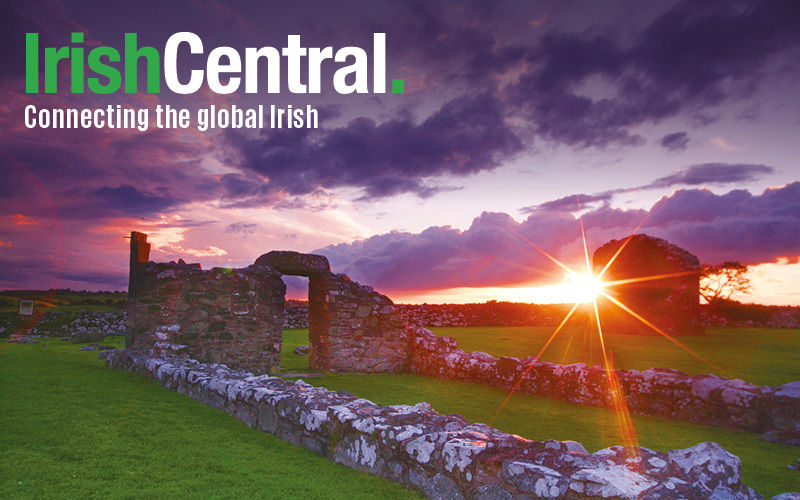The 2016 Irish general election has led to surprising results. The most notable outcome is the potential of a Fianna Fáil/Fine Gael coalition given Fine Gael’s decline, Fianna Fáil’s resurgence and Labour’s collapse. For the first time since the foundation of the Irish state, the Civil War parties barely received a majority of first preference votes.
Despite the fragmented nature of Ireland’s left-wing parties, the continued, if hardly meteoric, rise of Sinn Féin, as well as the success of the Anti-Austerity Alliance-People Before Profit, Social Democrats, and Greens points to another possible shift in Irish politics. The record number of successful Independents and women candidates further signals flux in Ireland’s political party system.
Although the potential for enduring change certainly exists, many of the underlying dynamics of Irish party competition persist. In my recent book, "How Parties Win: Shaping the Irish Political Arena" (University of Michigan Press, 2015), I show that understanding the dynamics of Irish politics requires observing the way the major parties have shaped the choices available to the electorate over time. In many ways, the strategies parties engage to minimize policy differences makes party and candidate organization the distinguishing feature of Irish election campaigns. How parties manage candidate selection, geographic vote management, and policy emphasis during campaigns is vital to their success.
The importance of local politics has persisted in a modernizing Ireland largely as a result of the strategies major party leaders adopted. The narrow ideological differences between the major parties have been reduced in recent years and their control over access to state resources puts an emphasis on local politics that further bolsters the local organizational advantages of their candidates. Fianna Fáil and Fine Gael have sustained the narrow ideological spectrum by successfully employing strategies within the ideological, institutional and organizational dimensions.
These include shifting ideological positions in response to changes from the electorate and co-opting salient issues raised by minor parties and Independents. Historically, Ireland’s minor parties have concentrated on a smaller number of issues and maintained their focus on these issues over time in contrast to their major party competitors who regularly shift their policy priorities and positions. Long-term manifesto data from the period between 1981 and 2011 reveal that Fine Gael had 16 separate issues make it into their top three issues in any election, Labour had 14 and Fianna Fáil had 13. By contrast, the minor parties remained consistent, with only three or four issues ever making it into their top three manifesto issues. Therefore, minor parties and Independents may capture public opinion more successfully in a specific election, but the major parties continue to dominate as they are able to adapt ideologically over subsequent elections.
On a second dimension, major parties successfully avoid controversial and potentially divisive issues by dealing with them in extra-parliamentary institutions such as referenda, wage bargaining agreements, tribunals and courts. There is little spillover from competition within these other arenas into the electoral arena. Consider two relatively recent examples that could have altered competition in this election had Irish politicians not already engaged these issues elsewhere.
There was consensus among most parties in support of the EU/IMF/ECB bailout and framework for recovery. Although Fianna Fáil has been consistently blamed for Ireland’s economic collapse since 2008, Fine Gael and Labour’s plans have not differed greatly from what was originally agreed upon to salvage Ireland’s economy five years previously. The honeymoon for Fine Gael and Labour was over, and its lack of clearly alternative policies meant that the appeal to “keep the recovery going” fell on deaf or unbelieving ears.
Ireland’s major parties have also benefitted from their ability to engage hot button social issues via referenda rather than in general elections. In referenda campaigns, many of Ireland’s minor parties have supported more progressive positions on these issues and used these campaigns to elevate their visibility. Nevertheless, minor parties have failed to mobilize the electorate based on these issues during general elections, in part, because Ireland’s PR-STV electoral system induces them to moderate ideological appeals to attract lower preference votes.
The combination of electoral incentives and the perception among voters that they have already “had their say” during referenda mitigates the salience of these issues during general elections. Abortion policy did not resonate with voters in 2016. Renua Ireland, which was formed by a number of pro-life TDs, did not return any of its three TDs. Similarly, Labour’s call for repealing the 8th amendment (i.e. protection of the unborn) gained no traction and Labour received its worst ever election result.
The cumulative effect of ideological and institutional strategies reinforces the importance of organizational ones. The resurgence of Fianna Fáil as well as the rise of Sinn Féin and Independents is due largely to their “ground game” and service to the local community. The “military discipline” of the Healy Rae machine in Kerry underscores the importance of local organizational strength. The ability to foster candidate autonomy at the local level by allowing strong local “franchises” centered on attractive candidates who mobilize their own personal networks has grown even more important in Irish elections.
Notwithstanding critical decisions about who will form the next government that could significantly alter Irish party politics for generations, many aspects of Irish electoral politics remain the same. The strategies parties employ on the ideological, institutional and organizational dimensions continue to minimize differences among parties and leave voters supporting those candidates they believe will serve them locally. For all the talk of a new era of policy and ideology-driven politics, much of this is all too familiar!
* Sean McGraw CSC is a Fellow of Kellogg Institute, Nanovic Institute for European Studies and Keough-Naughton Institute for Irish Studies at Notre Dame.
He is author of “How Parties Win” Shaping the Irish Political Arena” Michigan University Press.




Comments